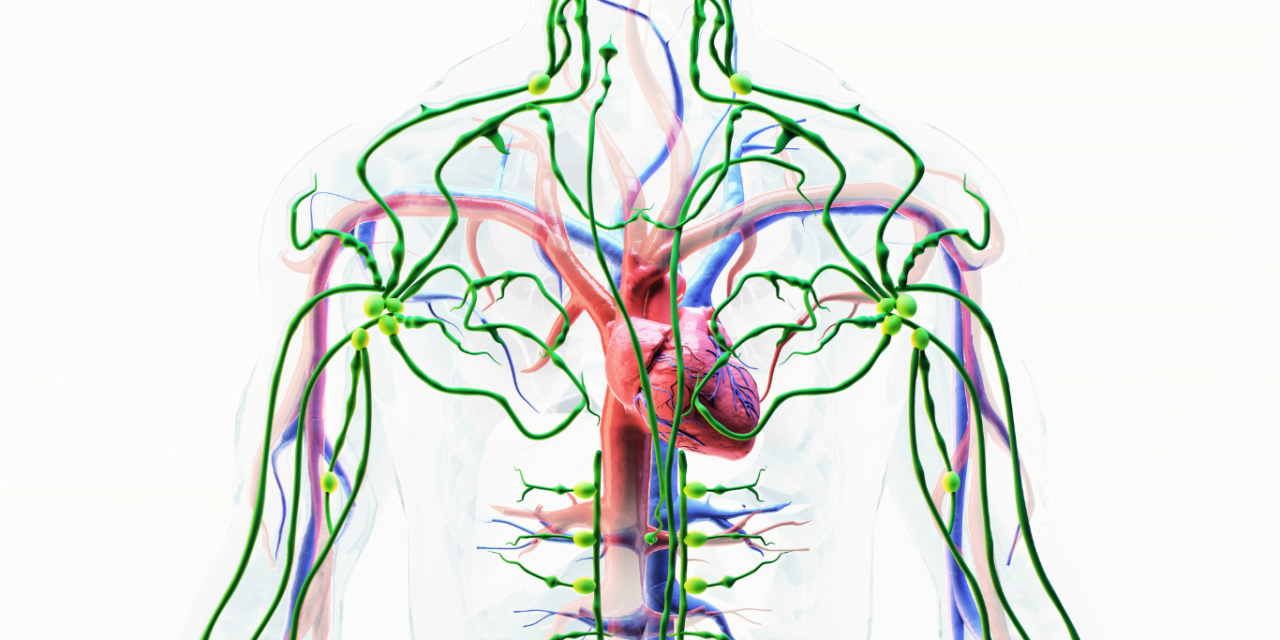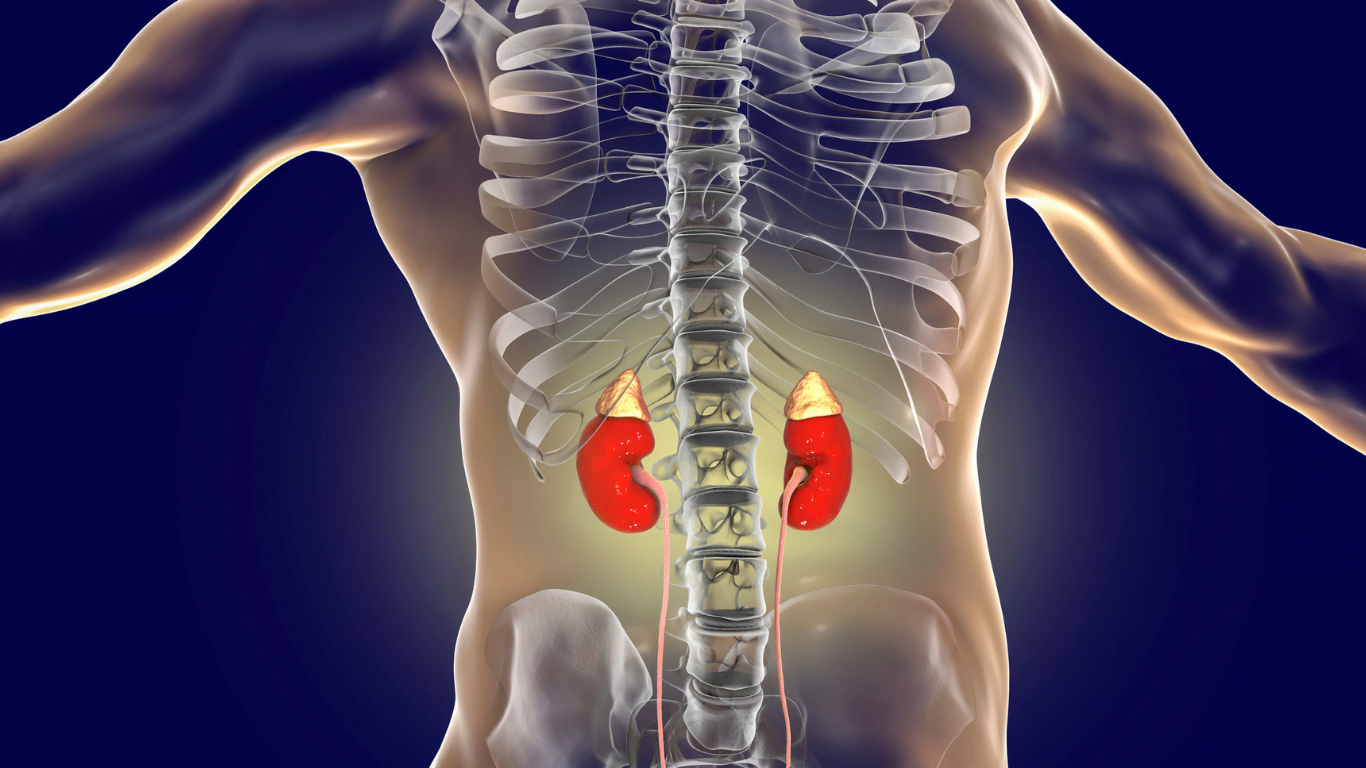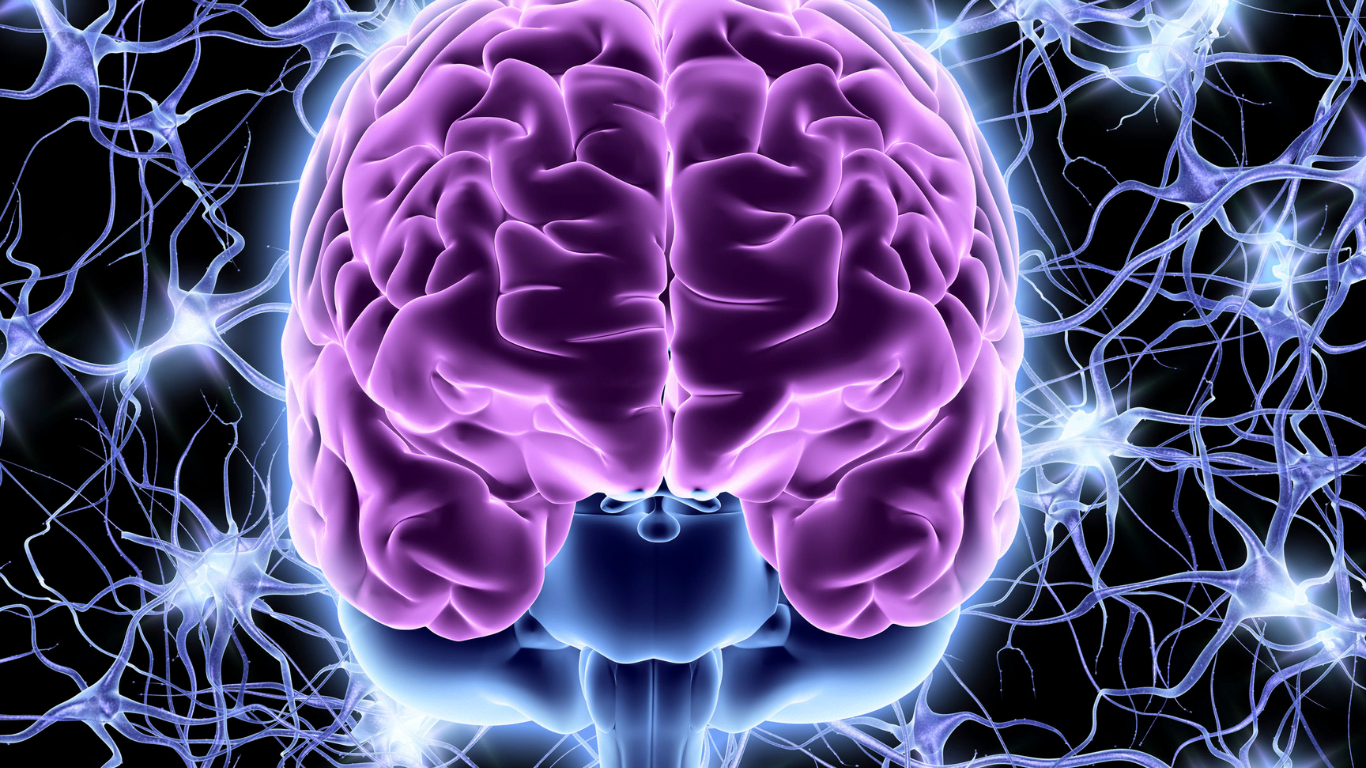Hormones play a vital role in regulating various processes within the human body. They are chemical messengers that transmit signals from one part of the body to another, influencing growth, metabolism, reproduction, and many other functions. Hormones can be classified into two main categories: steroid hormones and non-steroid hormones. In this article, we will explore where these hormones are produced and shed light on their significance in maintaining a healthy physiological balance.
Steroid Hormones:
Steroid hormones are derived from cholesterol and are characterized by their lipid-soluble nature. This allows them to easily pass through cell membranes and bind to specific receptors within target cells. Steroid hormones are produced by a few specific endocrine glands in the body.
Adrenal Cortex:
The adrenal cortex, the outer layer of the adrenal glands located on top of the kidneys, is a major site for the production of steroid hormones. It synthesizes hormones such as cortisol, aldosterone, and androgens. Cortisol plays a crucial role in regulating metabolism, immune response, and stress management. Aldosterone helps in maintaining electrolyte balance and blood pressure. Androgens, including testosterone, are responsible for the development of secondary sexual characteristics in both males and females.
Gonads:
The gonads, which include the ovaries in females and the testes in males, are another significant source of steroid hormone production. In females, the ovaries produce estrogen and progesterone, which regulate the menstrual cycle, pregnancy, and the development of female secondary sexual characteristics. In males, the testes produce testosterone, the primary male sex hormone that influences sperm production, muscle mass, bone density, and sexual function.
Placenta:
During pregnancy, the placenta also plays a crucial role in the production of steroid hormones. It produces hormones such as estrogen, progesterone, and human chorionic gonadotropin (hCG), which are essential for maintaining pregnancy and supporting fetal development.
Non-Steroid Hormones:
Non-steroid hormones, also known as protein or peptide hormones, are composed of amino acids and are water-soluble. They cannot pass through cell membranes and instead rely on specific receptors on the surface of target cells to transmit their signals. Non-steroid hormones are produced in various glands and organs throughout the body.
Pituitary Gland:
The pituitary gland, often referred to as the “master gland,” is located at the base of the brain and plays a crucial role in regulating hormone production in other endocrine glands. While the pituitary gland produces both steroid and non-steroid hormones, it primarily releases non-steroid hormones such as growth hormone (GH), thyroid-stimulating hormone (TSH), follicle-stimulating hormone (FSH), luteinizing hormone (LH), adrenocorticotropic hormone (ACTH), and prolactin.
Thyroid Gland:
The thyroid gland, situated in the front of the neck, produces non-steroid hormones known as thyroid hormones. These hormones, including thyroxine (T4) and triiodothyronine (T3), are essential for regulating metabolism, growth, and development in the body.
Pancreas:
The pancreas, known for its role in regulating blood sugar levels, produces the non-steroid hormones insulin and glucagon. Insulin helps lower blood sugar levels by facilitating the uptake of glucose into cells, while glucagon raises blood sugar levels by stimulating the release of stored glucose from the liver.
Positive Impact in the UK:
In the United Kingdom, the production and regulation of steroid and non-steroid hormones are essential for maintaining overall health and well-being. Hormones play a crucial role in the development, growth, and functioning of various bodily systems. By ensuring the proper production and balance of hormones, individuals in the UK can experience optimal physical and mental health.
The UK healthcare system provides comprehensive support for hormone-related conditions, offering diagnosis, treatment, and ongoing management. Specialized medical professionals, including endocrinologists, play a crucial role in identifying hormone imbalances and providing targeted interventions. Through hormone replacement therapy, individuals with hormone deficiencies can regain balance and improve their quality of life.
Moreover, hormone regulation is particularly significant during pregnancy in the UK. Adequate production of steroid hormones, such as estrogen and progesterone, by the placenta is crucial for maintaining a healthy pregnancy and supporting the growth and development of the fetus. Close monitoring and appropriate medical care ensure that expectant mothers receive the necessary hormonal support throughout their pregnancy journey.
Conclusion: Steroid and non-steroid hormones are produced in various glands and organs throughout the body, playing a vital role in maintaining physiological balance. From the adrenal cortex and gonads to the pituitary gland and pancreas, these hormones are responsible for regulating growth, metabolism, reproduction, and other essential functions. In the United Kingdom, the healthcare system focuses on ensuring the proper production and balance of hormones, providing individuals with the support they need to maintain optimal health and well-being.
FAQs
Q: What are steroid hormones?
A: Steroid hormones are derived from cholesterol and are characterized by their lipid-soluble nature. They easily pass through cell membranes and bind to specific receptors within target cells.
Q: Where are steroid hormones produced in the body?
A: Steroid hormones are primarily produced in the adrenal cortex, which is the outer layer of the adrenal glands located on top of the kidneys. They are also produced in the gonads (ovaries in females and testes in males) and the placenta during pregnancy.
Q: What functions do steroid hormones serve?
A: Steroid hormones have various functions in the body. For example, cortisol regulates metabolism, immune response, and stress management, while aldosterone helps in maintaining electrolyte balance and blood pressure. Androgens, such as testosterone, are responsible for the development of secondary sexual characteristics in both males and females.
Q: What are non-steroid hormones?
A: Non-steroid hormones, also known as protein or peptide hormones, are composed of amino acids and are water-soluble. They cannot pass through cell membranes and rely on specific receptors on the surface of target cells to transmit their signals.
Q: Where are non-steroid hormones produced in the body?
A: Non-steroid hormones are produced in various glands and organs throughout the body. The pituitary gland, located at the base of the brain, produces hormones such as growth hormone, thyroid-stimulating hormone, follicle-stimulating hormone, luteinizing hormone, adrenocorticotropic hormone, and prolactin. The thyroid gland produces thyroid hormones, and the pancreas produces insulin and glucagon.
Q: What are the roles of non-steroid hormones?
A: Non-steroid hormones play crucial roles in regulating metabolism, growth, development, and blood sugar levels. For example, thyroid hormones regulate metabolism, while insulin helps lower blood sugar levels and glucagon raises blood sugar levels.
Q: How does hormone production impact health in the UK?
A: Proper production and regulation of hormones are essential for maintaining overall health and well-being in the UK. Hormone balance is crucial for various bodily systems, and the healthcare system provides support for hormone-related conditions through diagnosis, treatment, and ongoing management. Specialized medical professionals ensure individuals receive targeted interventions, and hormone replacement therapy helps restore balance for those with deficiencies. Additionally, hormone regulation during pregnancy is vital for healthy development and is closely monitored to provide the necessary support.
Author

Dr. Aditya K. Sharma
I am Dr. Aditya Sharma, a dedicated urologist specializing in kidney transplants and advanced urological surgeries. My career is driven by a passion for delivering exceptional care and pioneering surgical techniques. Outside the operating room, I have a keen interest in studying the effects of anabolic steroids on bodybuilding, seeking to understand the fine line between enhancing performance and maintaining health.






